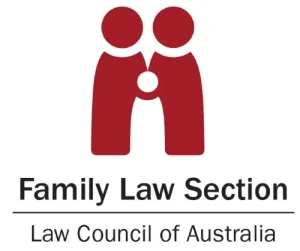Employment Law – Your legal rights in SA
Speak with an Employment Law Lawyer
Industrial deafness/hearing loss
Industrial deafness is the permanent loss of hearing caused by a Worker being exposed to industrial noise in their employment.
A Worker is entitled to Workers Compensation for industrial deafness that occurred after 16 August 1995. They must have suffered more than 5% binaural hearing impairment due to industrial deafness since 16 August 1995.
Employment Law FAQ
Industrial deafness/hearing loss
Industrial deafness is the permanent loss of hearing caused by a Worker being exposed to industrial noise in their employment.
A Worker is entitled to Workers Compensation for industrial deafness that occurred after 16 August 1995. They must have suffered more than 5% binaural hearing impairment due to industrial deafness since 16 August 1995.
Do you offer a No Win, No Fee option?
Yes, we offer a No Win, No Fee option. We only charge for our services if and when you are paid a lump sum payment. If you aren’t, you won’t be out of pocket.
Who is a Worker?
To be entitled to compensation, a person must be a Worker.
A Worker is someone who works under a contract of service or a training agreement. This includes casual employment. A contract does not have to be a formal, written document; it could be implied and/or a verbal agreement.
For more information about who is included and excluded from the definition of a Worker, see Workers Compensation Handbook: The Basics. (PDF, 175.5 KB)
Excluded injuries
Injuries suffered in the following situations are specifically excluded:
- any injury that occurs while a Worker is travelling between their home and work (unless the injury occurs during a deviation from their normal route that their employer tells, asks or authorises them to make)
- any injury that occurs during an absence from the workplace that was not authorised, directed or requested by their employer
- any injury that is caused by a Worker’s serious or wilful misconduct (unless the injury results in their death, or serious and permanent incapacity)
- any injury that was intentionally self-inflicted.
Disease
A Worker is entitled to compensation for a disease where their work is the major or most significant factor in their disease.
Some injuries and diseases are contracted by a gradual process or may not become apparent until sometime after initial exposure or contraction.
Flexible Parental Leave Pay
The flexible period:
- is up to 30 days
- usually starts after the first period has ended
- can be used in flexible periods negotiated between the employee and employer
- has to be used within 24 months of a child’s birth or adoption.
Payment of the Parental Leave Pay Scheme
There hasn’t been any changes to how PLP is paid. In most cases, PLP payments are made to the employer, who then pays the employee.
PLP from the Australian Government doesn’t change paid parental leave from an employer. Employees can get both.
More information – for more information on PLP or to make a claim, go to Services Australia – Parental Leave Pay Scheme.











